Bess Beatty - Traveling Beyond Her Sphere: American Women on the Grand Tour 1814–1914
Here you can read online Bess Beatty - Traveling Beyond Her Sphere: American Women on the Grand Tour 1814–1914 full text of the book (entire story) in english for free. Download pdf and epub, get meaning, cover and reviews about this ebook. year: 2016, publisher: New Acdemia+ORM, genre: Romance novel. Description of the work, (preface) as well as reviews are available. Best literature library LitArk.com created for fans of good reading and offers a wide selection of genres:
Romance novel
Science fiction
Adventure
Detective
Science
History
Home and family
Prose
Art
Politics
Computer
Non-fiction
Religion
Business
Children
Humor
Choose a favorite category and find really read worthwhile books. Enjoy immersion in the world of imagination, feel the emotions of the characters or learn something new for yourself, make an fascinating discovery.

- Book:Traveling Beyond Her Sphere: American Women on the Grand Tour 1814–1914
- Author:
- Publisher:New Acdemia+ORM
- Genre:
- Year:2016
- Rating:4 / 5
- Favourites:Add to favourites
- Your mark:
Traveling Beyond Her Sphere: American Women on the Grand Tour 1814–1914: summary, description and annotation
We offer to read an annotation, description, summary or preface (depends on what the author of the book "Traveling Beyond Her Sphere: American Women on the Grand Tour 1814–1914" wrote himself). If you haven't found the necessary information about the book — write in the comments, we will try to find it.
The nineteenth-century ideal of domesticity identified home as womens proper sphere, but the ideal was frequently challenged, profoundly so when woman left home and country to travel in foreign lands. This book explores the reasons for and ramifications of women making a Grand Tour, a trip to Europe, between 1814 and 1914; this century between major European wars witnessed the golden age of American Grand Tours.
Men and women alike were inspired by a Euro-centric education that valued the Old World as the fountainhead of their civilization. Reaching Europe necessitated an Ocean crossing, a disorienting time taking women far from domestic comfort. Once abroad, American women had to juggle accustomed norms of behavior with the demands of travel and customs of foreign lands. Wearing proper attire, even when hiking in the Alps, coping with unfamiliar languages, grappling with ever-changing rules about customs and passports, traveling alonethese were just some of the challenges women faced when traveling. Some traveled with their husband, others with female relatives and friends and a few entirely alone. Traveling companions had to agree on where to stay, when and where to dine, how to travel, and where to go.
The sinking of the Titanic in 1912 made clear that even in the twentieth century, a Grand Tour involved risk. Because more women survived then men, some insisted that the Titanics example should curb female independence. However, a growing number of women continued making a Grand Tour for the next two year. It was the outbreak of war in Europe in 1914 that temporarily brought an end to a century of female Grand Tours.
Beattys ability to weave the experiences of hundreds of American women on the Grand Tour in Europe into a consistent narrative is per se a remarkable feat. But the author does much more than that. She uses the journey as trope to represent the long and difficult process of womens emancipation, in its several cultural, psychological, social, and political dimensions. Susanna Delfino, Professor of American History, retired. University of Genoa, Italy
Bess Beatty: author's other books
Who wrote Traveling Beyond Her Sphere: American Women on the Grand Tour 1814–1914? Find out the surname, the name of the author of the book and a list of all author's works by series.

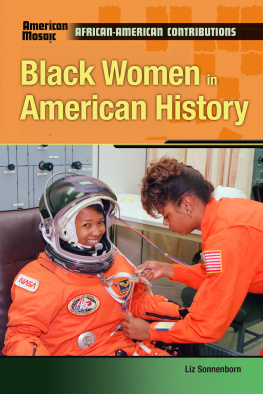
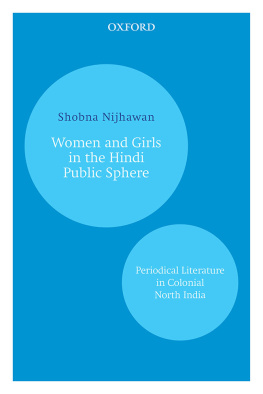
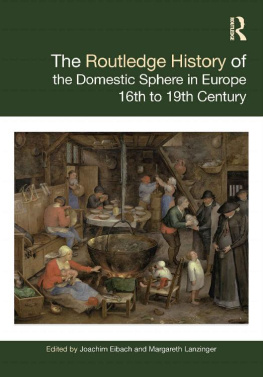
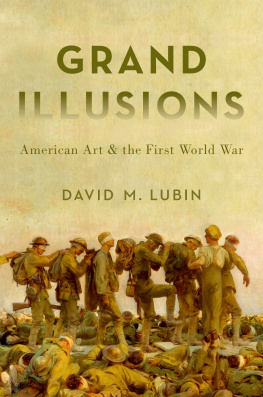
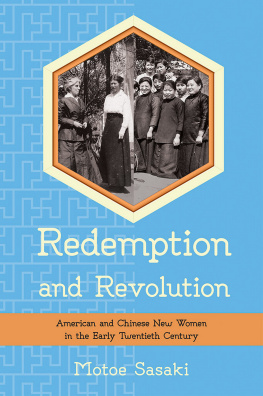
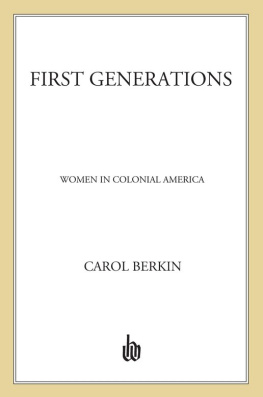

 4401-A Connecticut Ave., NW #236 Washington DC 20008
4401-A Connecticut Ave., NW #236 Washington DC 20008